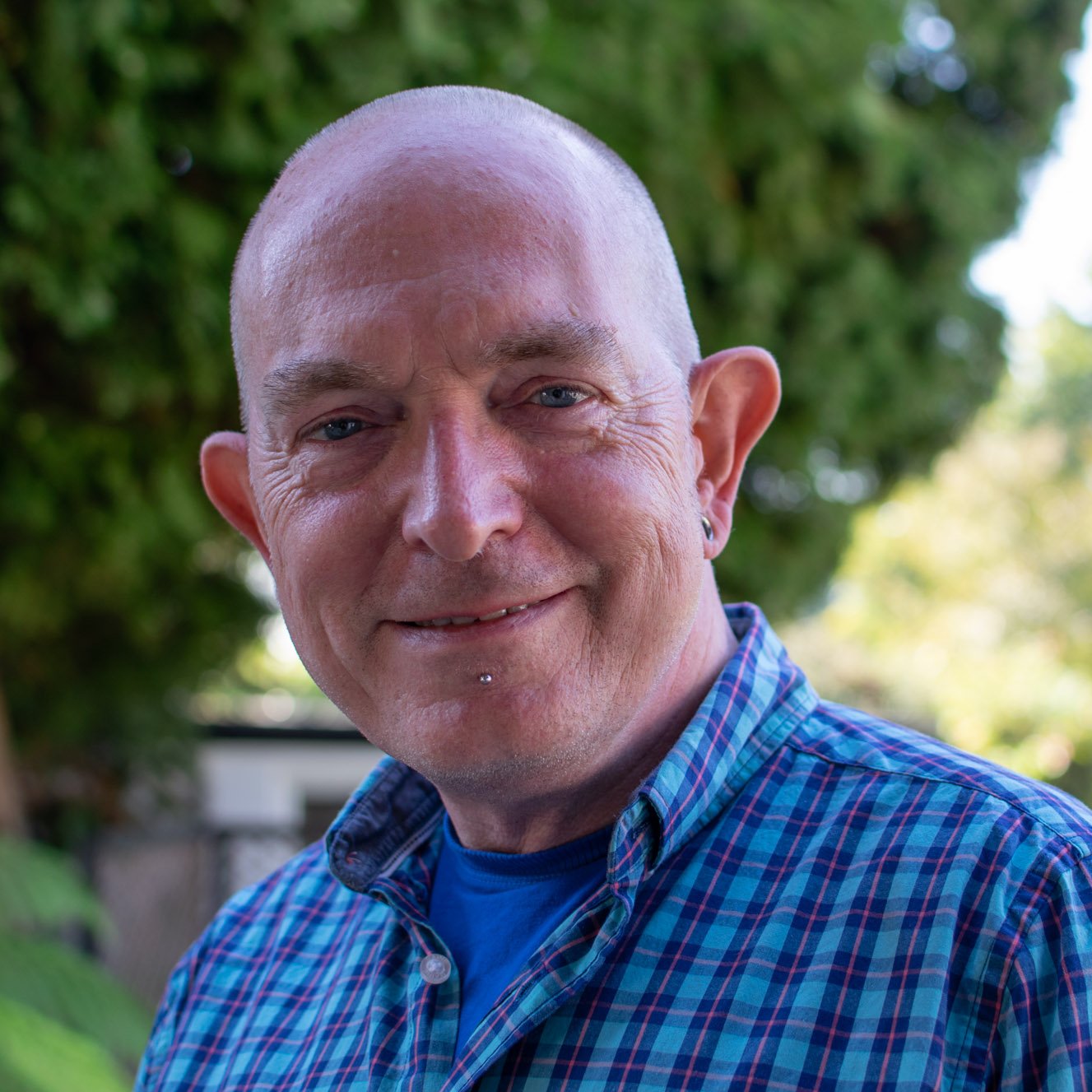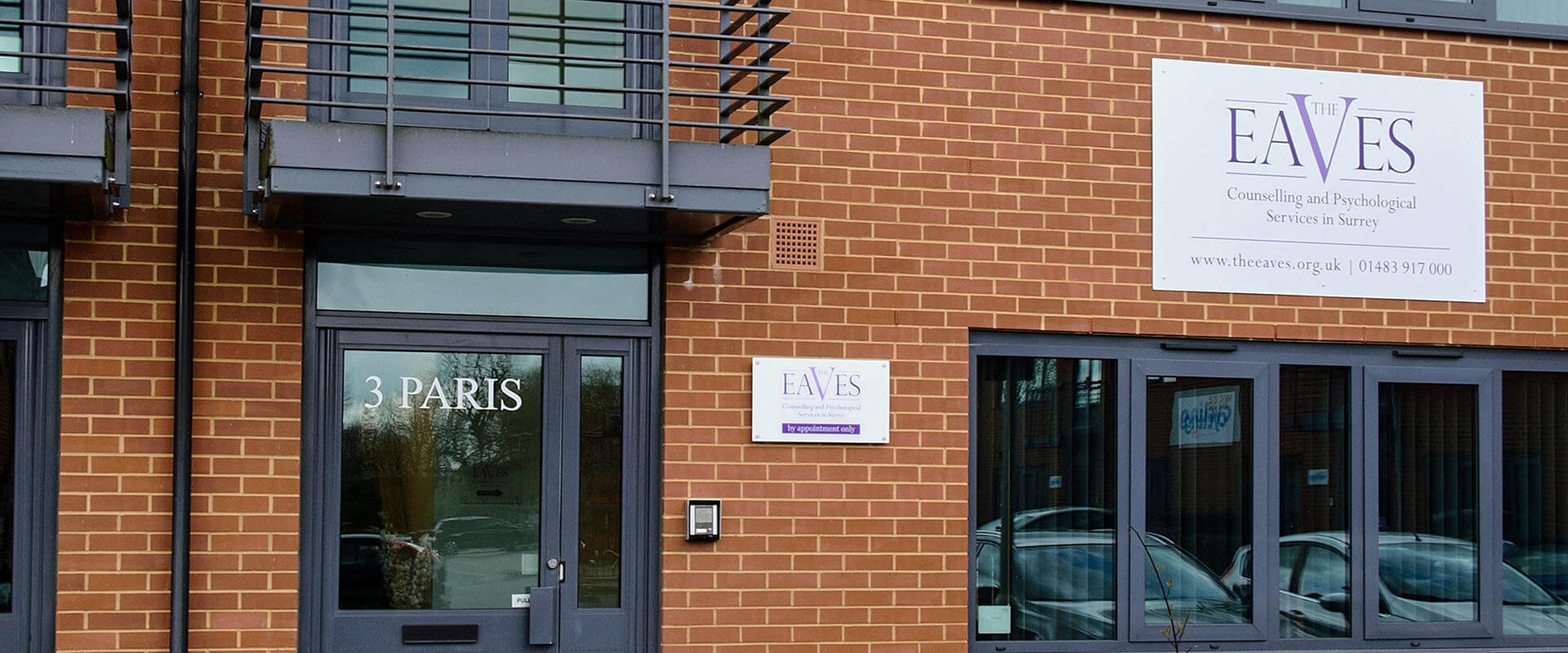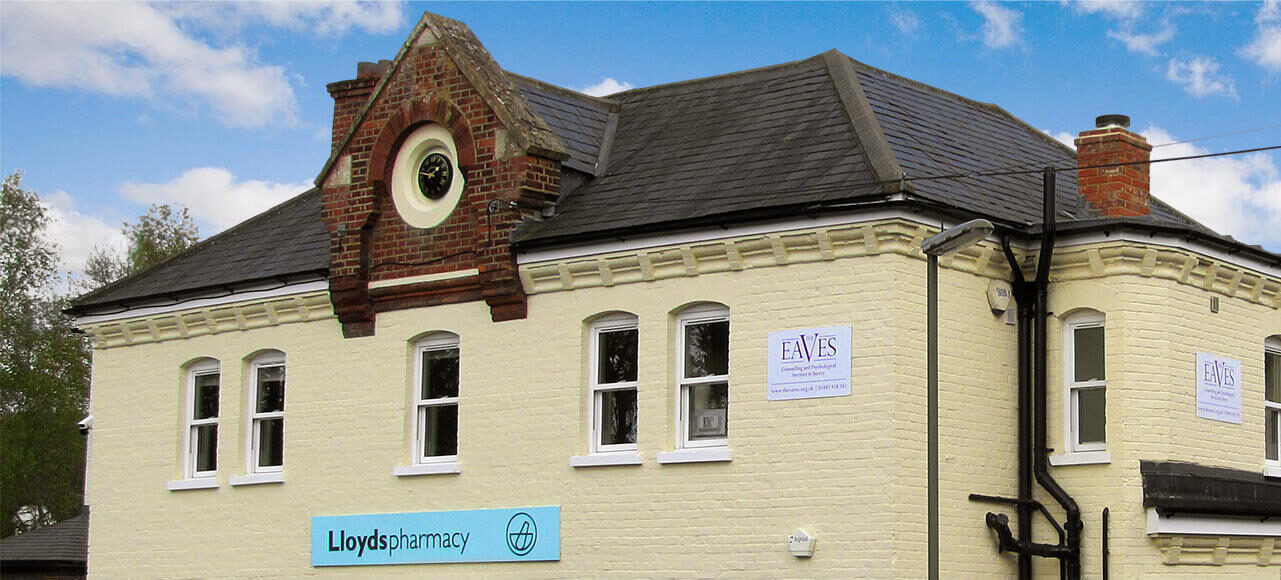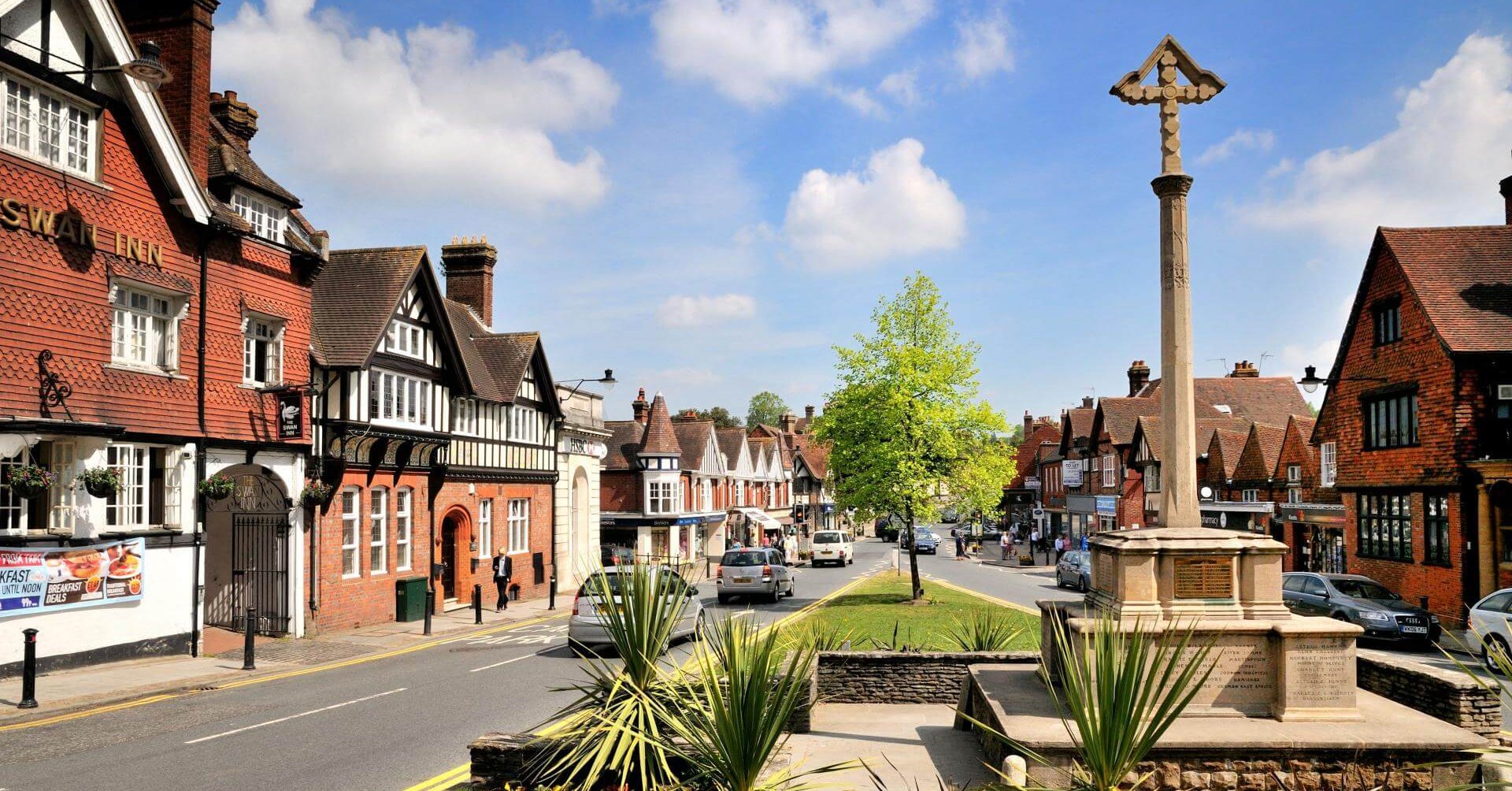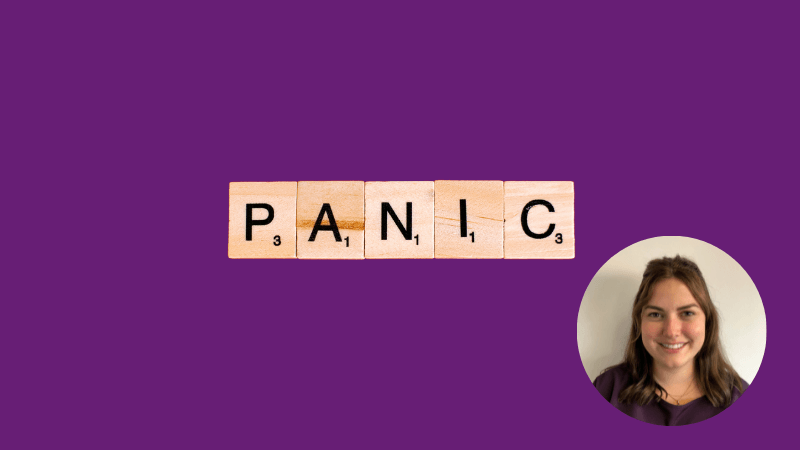A panic attack is a physical manifestation of anxiety or worry. Panic attacks are often triggered by distressing events, but can also happen seemingly out of nowhere, especially when you are under more stress than usual. Anyone can experience a panic attack, even if you’ve not had previous mental health issues, and they can manifest in a variety of ways. For some, the symptoms are so severe that panic attacks are often mistaken for heart attacks or strokes.
What causes panic attacks?
Feeling anxious or scared can cause your body to go into fight or flight mode. It releases a rush of adrenaline into your system. This sharp increase in stress hormones can cause physical symptoms, like sweating, a rise in heart rate and panic attacks.
Identifying the cause of your anxiety can help to avoid panic attacks in the future. Lots of factors can contribute to a feeling of fear or worry, including:
- Changes to your lifestyle – new jobs, unemployment, retirement or moving house
- Relationships – arguments, divorce, bereavement or caring for someone
- Feeling pressure – financial worries, responsibility at work or societal expectations
- Previous experiences – abuse or bullying
- Stressful situations – receiving bad news, being in an accident or feeling very uncomfortable
- Medication or drugs – new medication, intoxication or withdrawal
What does a panic attack feel like?
Panic attacks tend to be very sudden and intense. They tend to come on very quickly and usually last from 5 to 30 minutes. You may experience symptoms such as:
- An extreme feeling of fear and anxiety
- Rapid breathing or shortness of breath
- Chest pains
- Feeling sick
- A racing heartbeat
- Shaking and sweating
- Feeling lightheaded or dizzy
Although they often feel frightening, panic attacks do not physically harm you.
What should I do if I’m having a panic attack?
If your panic attack has been caused by a situation, it is important to get to a space where you feel safe and comfortable if possible. During a panic attack, you may find that mindfulness and grounding exercises can help you to feel less overwhelmed. You could try:
- Breathing exercises, such as box breathing
- Focusing on your senses using the 54321 grounding technique
- Rhythmic motion, such as marching on the spot, as it can regulate your breathing
Taking care of yourself after a panic attack is important too. Pay attention to how your body feels; you may want something to eat or drink, or to rest somewhere quiet.
You may also want to talk to someone that you trust about it. They may be able to help you work out why you had a panic attack, and they will be more aware in case you have another in the future.
How can I manage panic attacks?
If you experience panic attacks fairly regularly, this can be a sign that you need additional support. Therapies such as CBT can provide you with techniques to use when you feel anxious. If your panic attacks are related to past trauma, you might find that a specialist therapy like EMDR helps you to process this.
The Eaves has many qualified, professional counsellors, psychotherapists and psychologists who are experienced in various forms of therapy for panic attacks. To find out how we can help you, please send us an enquiry or call 01483 917000.

